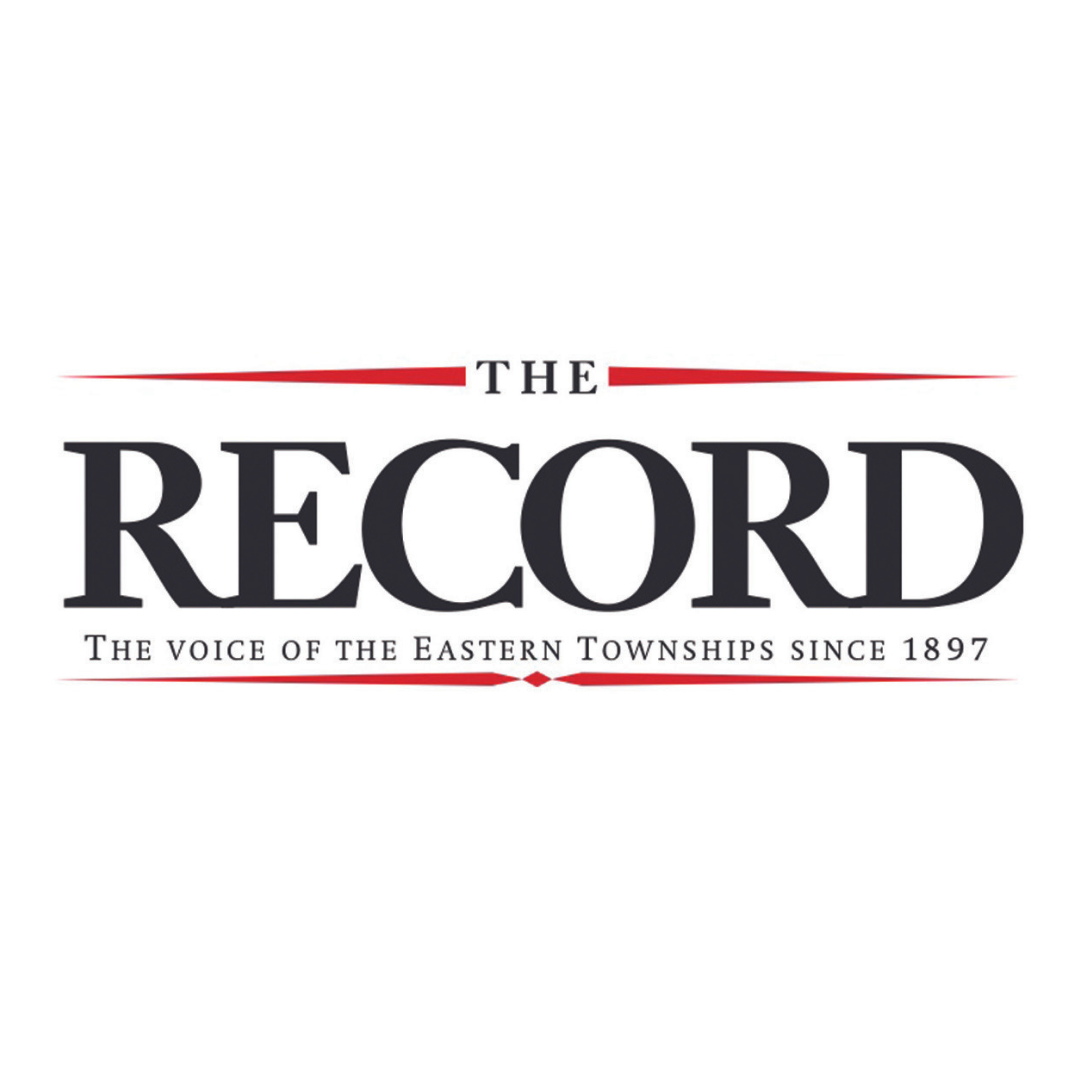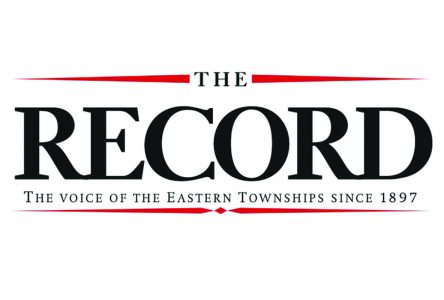By Raquel Fletcher
The question of immigration may once again dominate debate during this fall’s election. In 2018, François Legault was heavily criticized by opponents who said the CAQ leader didn’t fully understand Quebec’s immigration system even though it was central to his party’s platform. Errors he made while answering reporters’ questions nearly cost him the election. But less than a week after his government adopted its French language reform, the controversial Bill 96, the premier once again returned to immigration as an electoral issue he said Quebecers should be concerned about.
“François Legault is trying to make immigration the ballot question of the next election,” said co-spokesperson for Quebec Solidaire (QS), Gabriel Nadeau-Dubois. “He thinks he’s going to win votes by doing this. But there are also going to be victims to that strategy.”
During his speech at a party convention at the end of May, Legault said it was imperative that Quebec gain more powers from Ottawa to control who is allowed to immigrate to the province through the family reunification program. If it wasn’t careful, he said, Quebec could become like Louisiana, an American state that used to be predominantly francophone, but where now only three per cent of its citizens are considered French-speaking.
The premier’s remarks lead to tempestuous exchanges during Question Period last week. Opposition MNAs who were not born in Quebec said they fear the CAQ is trying to paint a picture of immigrants as a “threat” to Quebec the French language. They shared their own personal stories of integration to counter this narrative.
“Québec is for all Quebecers or all people who live in Québec, and it’s important for them to hear another speech,” said QS MNA, Ruba Ghazal.
“All the statistics demonstrate that immigrants, through the past few decades, have adopted French in the public space,” said Liberal MNA Saul Polo, who also accused Legault of putting a target on immigrants’ backs to try to start a fight with Ottawa.
Polo was born in Colombia and speaks Spanish to his son at home. The Liberal critic for immigration learned French in Quebec and speaks it perfectly. However, during Question Period, Legault called Polo’s story “an anecdote,” which set off a firestorm of vitriol from opposition parties.
“There are fewer and fewer Quebecers who have French… as the principal language at home,” he said.
During a press conference following Question Period, a reporter asked the premier to clarify his comments.
“You’re not suggesting that the government should meddle in what language people should speak at home, are you?” the journalist asked Legault.
The premier replied, “What I’m trying to do is to make sure that we protect the future of French as a common language. That’s it. That’s it.”
The reporter pressed him again for a more straightforward answer.
“If, in 15 years from now, nobody’s speaking French at home, the future of French, would it be good? … So, you have your answer,” Legault said.
Although the premier did not go so far as to say his government would attempt to police the language spoken by Quebecers at home, the Liberal Party called his remarks “shameful.”
“Whatever language I decide to use at home, around my dinner table with my son, it’s none of his business, it’s my decision,” said Polo.
“It’s creating a crisis where there is no crisis,” said Liberal leader Dominique Anglade. “We have major crises to fix in health care, we have a (labour shortage), we have a climate crisis. And instead of that, François Legault is creating another crisis that is not where the focus should be in Québec.”
The Parti Quebecois pushed the CAQ government to take a stronger stance on language reform and even apply Bill 101 to CEGEPs, but the PQ does not agree that Quebec should make the rules stricter for immigrants trying to join family members in Quebec.
“We voted a bill last week, Bill 96, that was not enough,” said PQ MNA, Pascal Bérubé. “And now Mr. Legault says, `OK, I’m concerned with French, but the problem is those 6,000 people coming for reunion with their families.` That’s crazy.”
National assembly report





